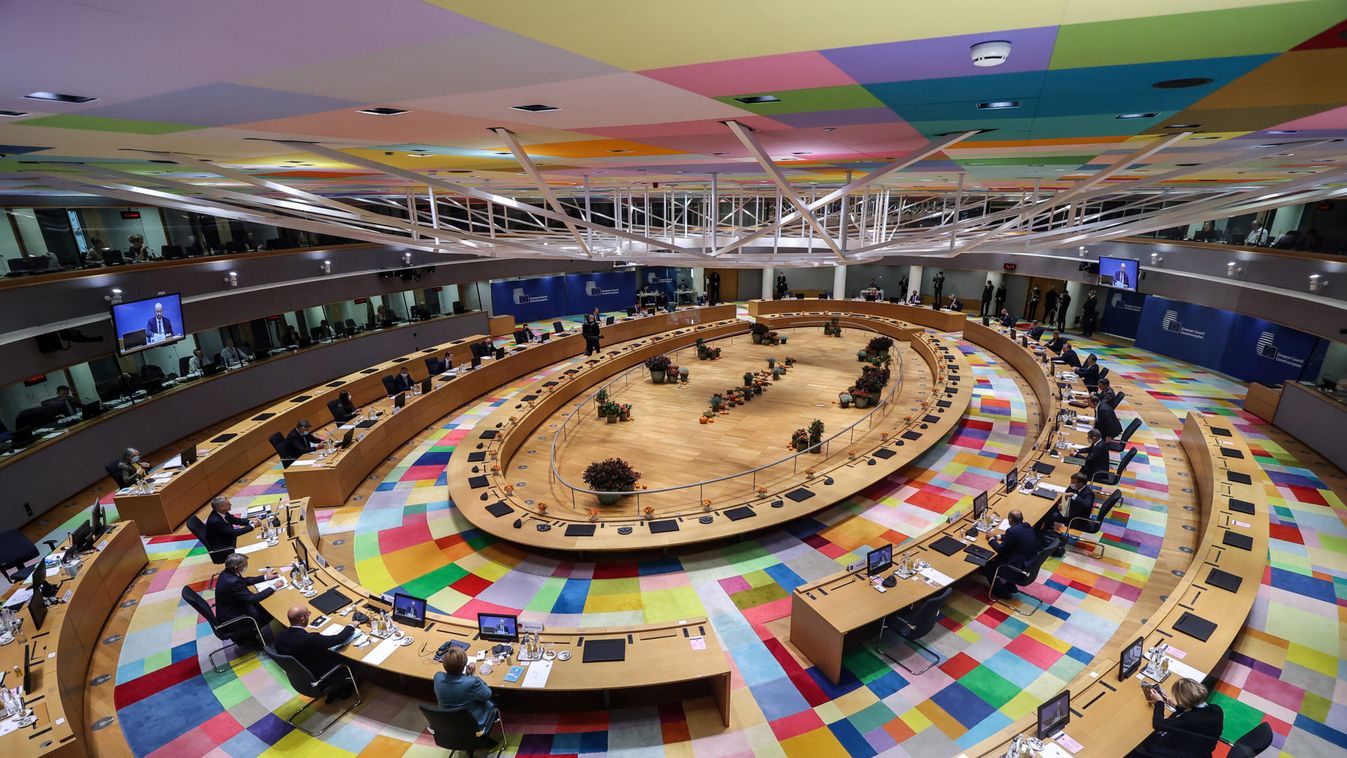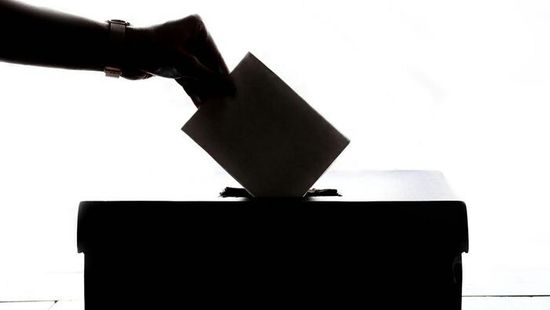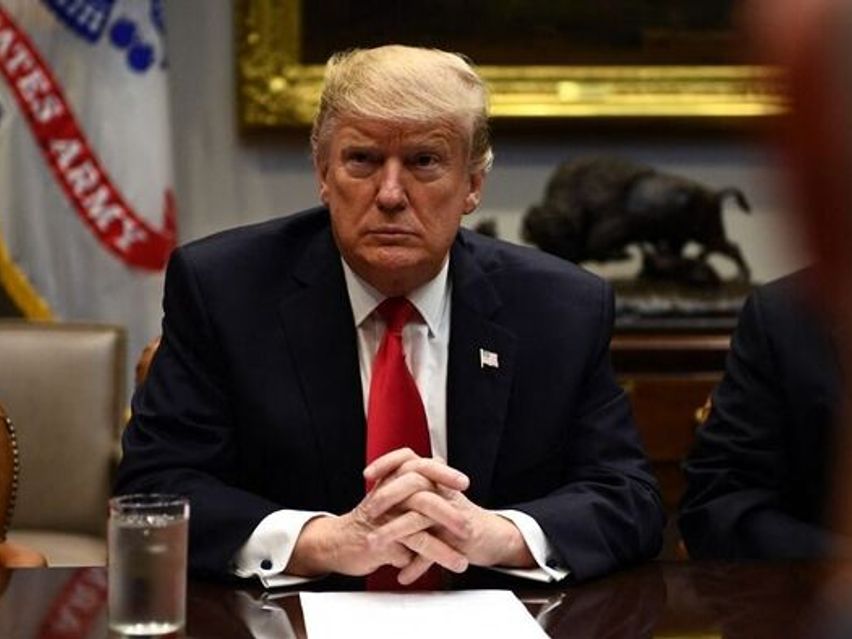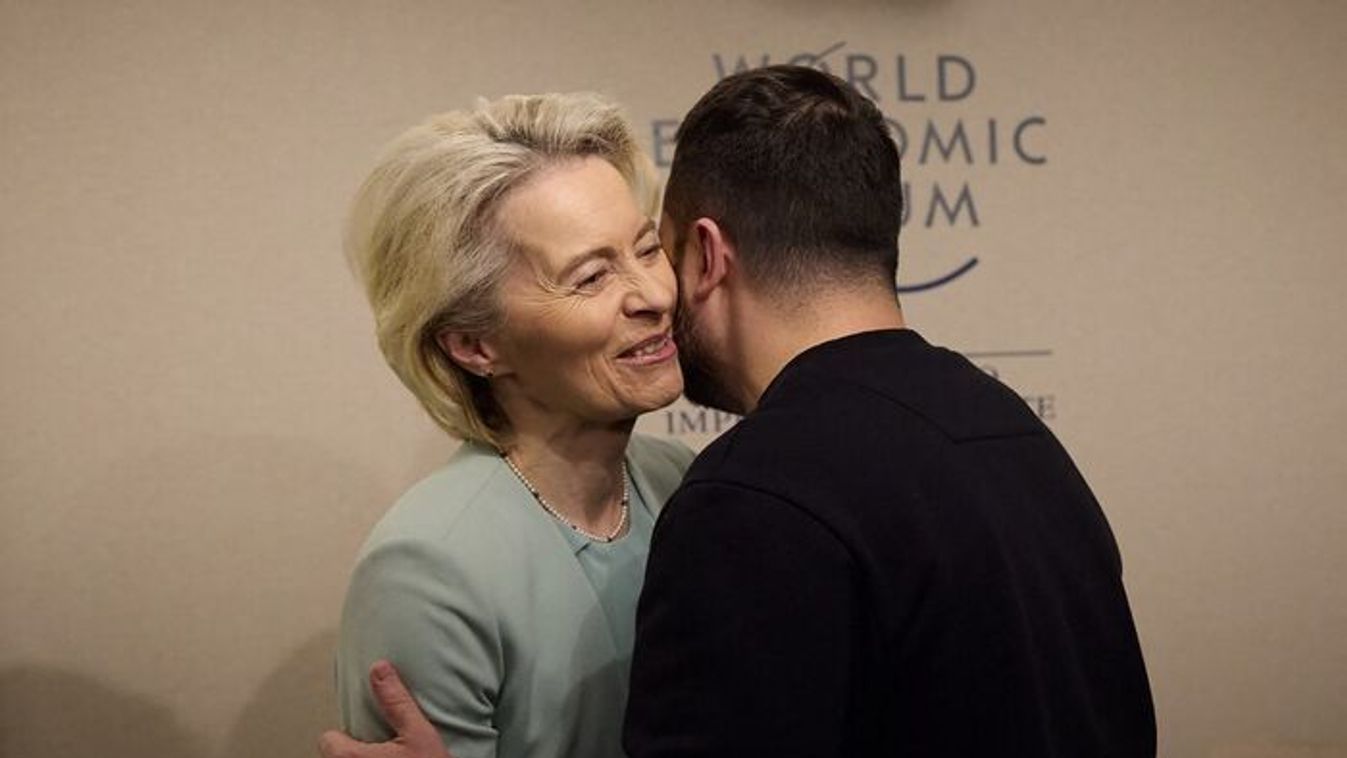In Western countries, it was around that time that it has become a dominant trend for Constitutional Courts originally established in a sense of Hans Kelsen for solely hierarchic and state organisations purposes, to attribute to themselves additional substantive and fundamental rights protection powers and duties that went far beyond their original function. As a consequence of judicial procedures or ones of a judicial nature but in reality concealing a kind of “negative legislation” being forced, the danger of disturbing the balance between the powers and the principle of checks and balances arose, since such processes have kept pushing deeper into the territory of legislation that until that point had had a fundamentally majoritarian, democratic type of legitimacy. It was around that time that institutions protecting fundamental rights, of ombudsmen and of international tribunals has also proliferated, undermining national and state powers by their soft rules and orders of reasoning, they in a problematic way from a legal certainty standpoint, while their influence has grown to an unprecedented extent. Some considered countries that have only recently regained their independence, a particularly suitable training ground for trying out such and similar constructions. The creation e. g. of four different ombudsmen in Hungary, the forcing of inaccessible, self- governing judicial systems negating the checks and balances of the powers, the creation of a Romanian type of public prosecutor’s office for priority cases, the excessive powers of Hungarian and Polish Constitutional Courts, unprecedented in other countries, the superfluous, often unrealistic guarantees of the independence of national banks, hindering rational cooperation, are all illustrious examples of the eclectic imitation of certain “Rule of law” institutions without having any regard to historic roots, of the exaggeration of Rule of law considerations, of the weakening of the executory and legislative powers. They also testify to a conceptual confusion, to a lack of intellectual rigour, to a colonial mentality, to the exercising of pressure and to the debunking of politically biased, semi-scientific aspirations being ideological in nature, to the underestimation of democracy and of majority decision- making, and at times, to panic fear that certain elites and political groups losing their ground feel of the power of the demos.






















